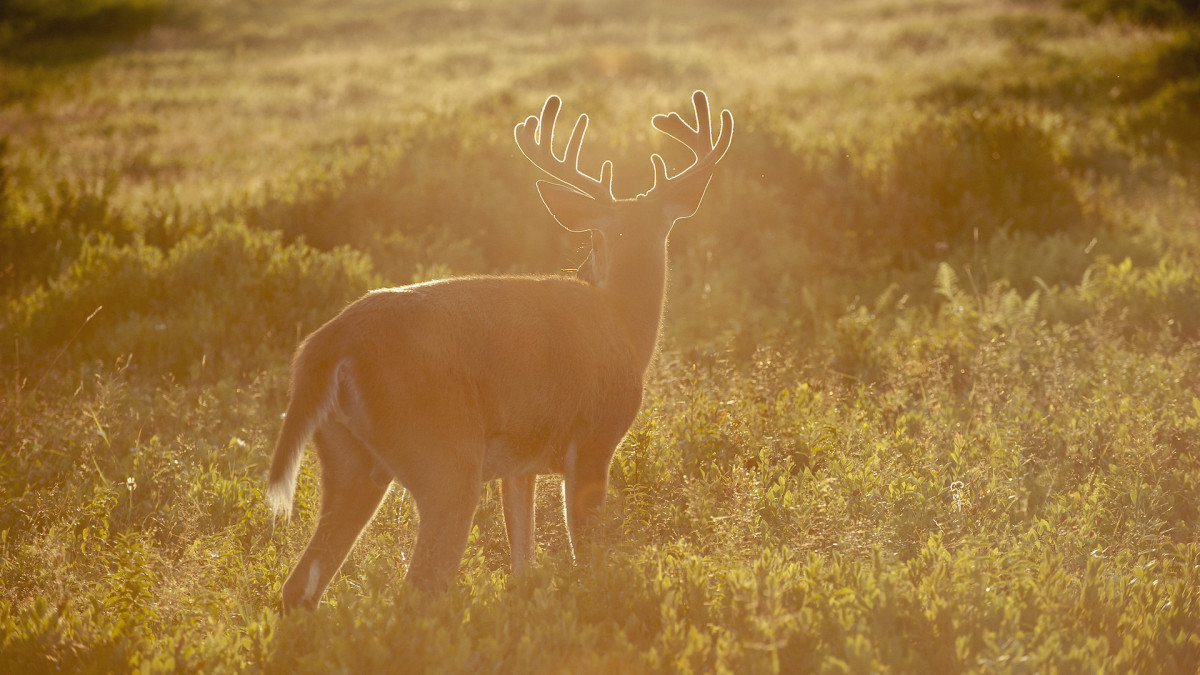
Several years ago, I sat down to eat at a nice restaurant in Indianapolis with a dozen or so industry folks. We were in town for the Archery Trade Association (ATA) show, and I was definitely the lowest person on the totem pole.
At one point during that dinner, the topic of the future of hunting came up. The general consensus was that not only were we in trouble, but that knocking on doors to hunt private ground was a thing of the past.
The problem with that was, none of the people at that table except for me had had any reason to knock on a door in a decade or two. They didn’t know what they were talking about—and neither does anyone else who makes that claim. Handshake hunting permission isn’t as easy to come across as it was 30 or 40 years ago, but it hasn’t totally gone the way of the dinosaur.
Timing Is Everything
There are three categories of landowners.
The first won’t let you hunt no matter what, and are disgusted that you’d even ask. The second might let you hunt, but you have to approach them correctly. The third, and this is the rarest type in my experience, will green-light anyone.
That last group tends to consist of farmers who hate deer because deer eat crops. It might also consist of someone who has hit too many deer with a vehicle or watched too much expensive shrubbery go down the gullet of the neighborhood ungulates.
Finding one of these landowners means you’re going to get permission, but you’ll have public-land-level pressure. That’s okay, it’s better than not hunting. I much prefer the second type, however: the landowner who will let you hunt only if you approach them correctly.
When it comes to farmers, this often means knocking during spring. Before the planting season really kicks off, to be specific. This is because they’re itchy to get out, but aren’t in the day-to-day reality of racing Mother Nature’s clock while logging in serious hours. When that starts, don’t bother them.
Don’t bother them in the fall either, which is a big mistake a lot of hunters make. If you’ve spent any time working on farms in your life, you know that by September, there’s one goal and it’s not to chit-chat with whitetail hunters who should have stopped out months earlier.
Be Different, Think Different
Seeking permission in the spring, allows you to beat the crowds. It allows you to hit up landowners when everyone else is focused on non-deer-related activities. It also allows you to do plenty of spring and summer scouting if you’re lucky enough to get a thumbs up.
To get permission, you’ll want to think about your approach and how you’ll handle it if it’s anything other than a hard no. If it’s a soft no, there is also often room to negotiate some level of permission because you’ll most likely be competing with other hunters for space (the reason for the ‘no’ in the first place).
Think about this before you knock, and then allow for some wiggle room. Even though you’d love to do a week of dark-to-dark rut sits on a new property, maybe the landowner isn’t so keen on you being there then. Can you hunt the late season, to earn their trust? The more you define the reality that you’ll play by their rules, and stay out of the way of anyone who got there first, the more likely you are to get in at some level.
This has worked for me multiple times and often starts with turkey permission, doe-only permission, or even photography permission, but over time morphs into something bigger.
Maintain Light Contact
As long as I don’t get a hard no, I tend to circle back to specific landowners from spring to spring. Maybe the hunter who was keeping you out moved or ticked off the landowner. Maybe the deer population has grown some, and the landowner now thinks the herd could use a little more culling.
Keeping light contact is important, but don’t overstep your bounds. When you get the green light, you want to be like children from the 1950s—seen and not heard. Solve your own issues with other hunters, park where you’re supposed to, and keep the landowners free to think about their own lives. This is so important.
This is also why I like asking for permission in the spring. It gives a grace period for figuring out what specific landowners prefer. If they want you to park in a certain ditch, or field drive, great. I’d rather learn that stuff in April than make a mistake during October. This gives you a bigger window to prove that you’re there for the right reasons and are hyperaware of the privilege permission grants you.
If you feel that you’re light on good hunting spots, or have just been salivating over a certain property, right now is the time to ask. You might get a hard no, which is a bummer. But you might get a negotiable soft no, or that glorious yes, and then the arc of your entire season will change for the better.
If you want some information on what to do if you snag permission to new dirt, check out these deer scouting articles: When Should You Start Scouting For Whitetails, How To Improve Your Whitetail E-Scouting, and The Basics Of Summer Scouting Whitetails.
Feature image via Matt Hansen.




